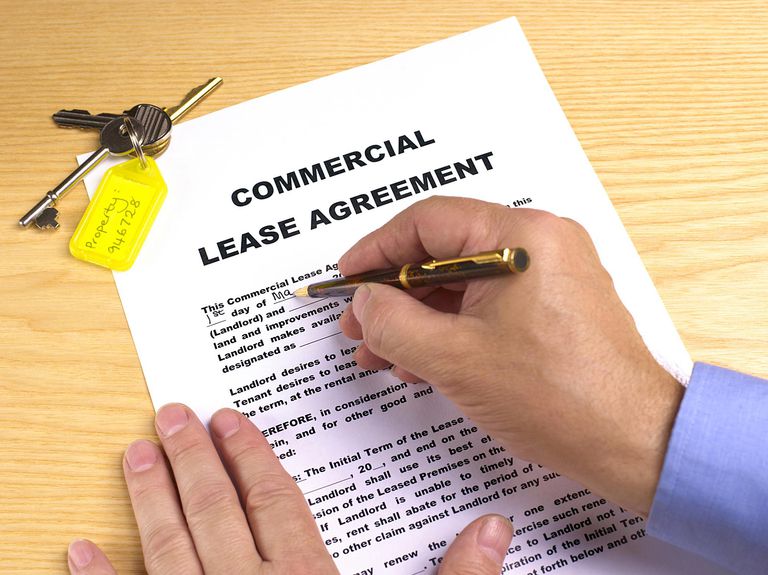27 Aug Option agreements for the sale of property from a vendor’s perspective

With the recent gazettal of the new LEP for the Sutherland Shire Council, there are numerous developers making offers to enter into options to purchase properties for the purpose of redevelopment.
It is therefore timely to look at the issues that should be addressed in acting for a vendor of either commercial or residential property when entering into an option.
Some basic considerations which need to be taken into account include:
- What is the option fee? Is it to form part of the purchase price?
- Is there any proposal that there could be an extension of the initial option period? If so, in what circumstances and under what conditions? Should any fee be paid for such an extension? Normally extension fees do not form part of the purchase price.
- What is the purchase price and how is it to be calculated? Often the purchase price is a fixed agreed price. Sometimes however, the price is calculated depending on the final terms of the development consent obtained that is, there may be some increase in the purchase price if certain conditions are met.
- A provision should be included in the option deed that if the option is not exercised, the vendor obtains the benefit of any applications made, consents obtained and any reports undertaken by the developer.
- Is the option a ‘call option’ (that is, where it is entirely in the hands of the purchaser as to whether it proceeds or not), or is it a ‘put and call option’ (which means that if the purchaser does not exercise its option, the vendor can force the purchaser to complete the purchase and buy the property)?
- How is the purchaser identified? Often an option will provide that it can be exercised by the purchaser or a nominee of the purchaser. If the vendor only wishes to deal with the person who originally approached them, the vendor should require a provision be inserted into the option deed that confirms that the option cannot be assigned to a third party.
- If the purchaser is a corporation, should personal guarantees be obtained from the directors?
- Is GST payable in relation to the option fee and/or the contract?
- Is the purchaser going to be required to pay or contribute anything towards the outgoings (Council rates, water rates, land tax etc) during the option period?
- If the developer wants to exercise a right of access during the option period, what limitations and conditions are to be imposed?
- If a development consent is being sought by the purchaser, should the vendor be entitled to review it to ensure that it complies with what was initially represented to the vendor. Should the vendor require periodic progress reports from the purchaser?
- Whether a caveat should be allowed to be lodged by the purchaser to protect their position? If so, should the vendor be appointed as the purchaser’s attorney enabling them to remove the caveat if the option is not exercised?
- If any preliminary works such as site clearing are to be undertaken during the option term, what conditions are to be imposed? For example, is notice required before works are undertaken, what conditions are to be imposed, what obligations to reinstate the land are to be imposed if the option is not exercised, what insurances will be required etc?
- If the vendor wants to remove any items from the property, this should be provided for in the option or the contract for sale.
At Solari & Stock Lawyers we are involved in numerous option arrangements both on behalf of vendors and purchasers. Our Commercial & Property Team is able to assist vendors or purchasers in relation to such transactions.